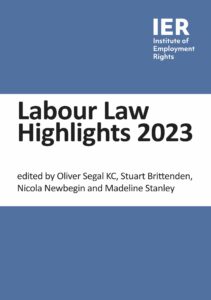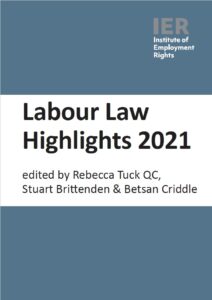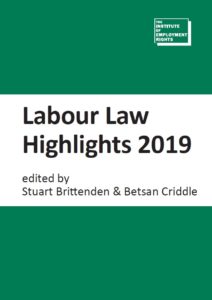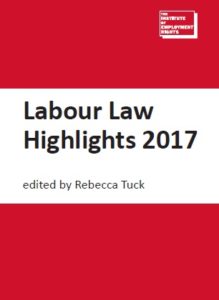The Whistleblowing Framework: Call for Evidence
Catherine Hobby proposes the government take several measures to improve the legal protection of whistleblowers.
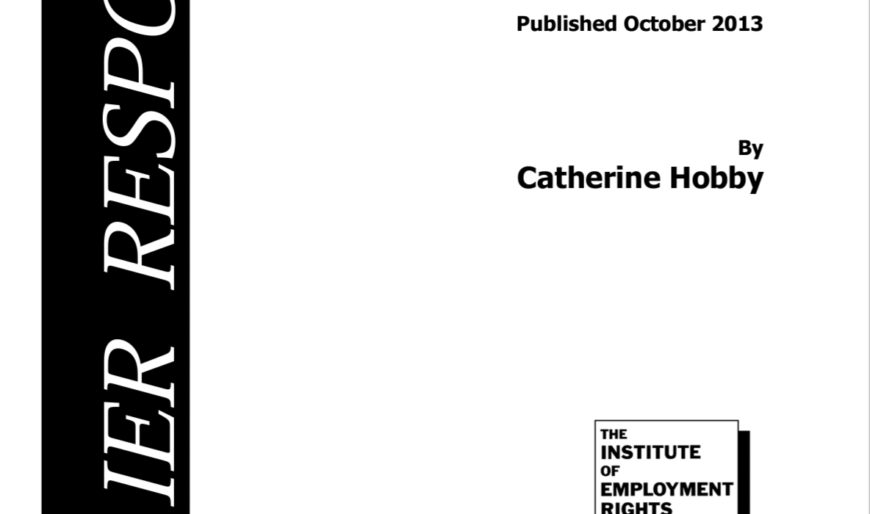
In this Consultation Response, Senior Lecturer at University of East London’s School of Law & Social Sciences Catherine Hobby proposes the government take several measures to improve the legal protection of whistleblowers.
She concludes that “a radical reform of the 1998 [PIDA] Act is required to ensure effective safeguards are guaranteed to those who blow the whistle”, and disagrees with the view of the government that the current framework for PIDA “works well”.
In a detailed analysis of the law and with reference to recent scandals – including dangerous conditions at the Mid-Staffordshire NHS Trust, the collapse of HBOS, and recent revelations brought by Edward Snowden – Hobby recommends:
- Qualifying thresholds in the ERA 1996 are simplified, and classifications of protected disclosures widened, so as not to deny a remedy for whistleblowers;
- A broad definition of workers is provided;
- Blacklisting on whistleblowers is prohibited;
- A statutory duty is imposed on all employers to establish and maintain whistleblowing procedures;
- A national whistleblowing agency is established;
- PIDA claims are compulsorily referred to a national regulator;
- A right to disclose is established, as per the human right to freedom of expression in the European Convention of Human Rights.
Author Catherine Hobby said:“At present, the law governing whistleblowing favours employers at a considerable expense to workers. It is hoped the Government will take this opportunity to redress the imbalance and effectively safeguard the rights of whistleblowers. If workers are not fully protected they will fear blowing the whistle and important allegations of malpractice, illegality, abuse and misdeeds will go undiscovered.”
